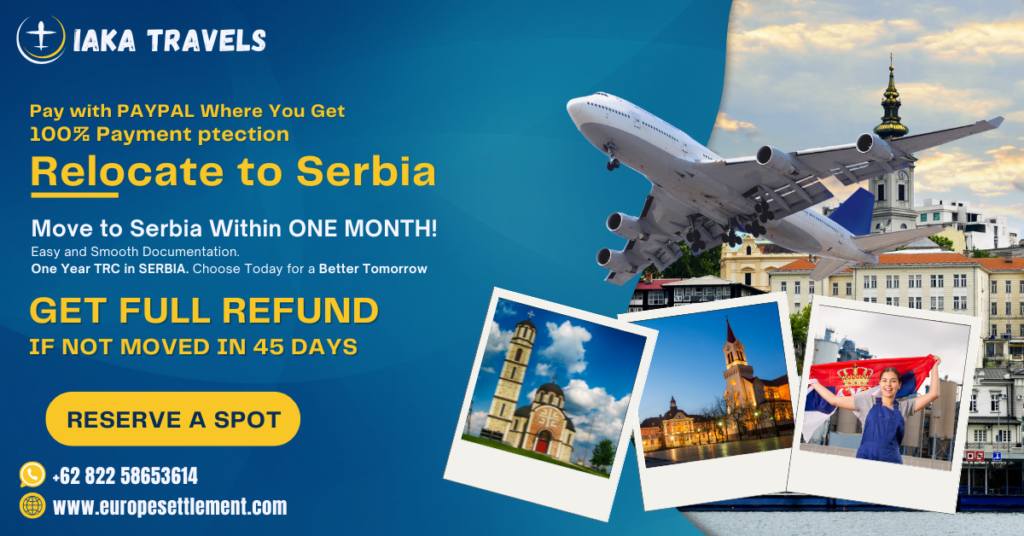Immigrating to Europe can be an exciting and life-changing experience. With its rich history, diverse cultures, and opportunities for personal and professional growth, Europe attracts people from all over the world. However, the immigration process can be complex and daunting. This step-by-step guide on Immigrating to Europe aims to provide you with valuable information and guidance to make your journey to Europe as smooth as possible.
1. Research and Planning:
Before embarking on your immigration journey, it is crucial to conduct thorough research about the European countries that interest you. Consider factors such as job opportunities, quality of life, cost of living, healthcare, education, and cultural compatibility. Narrow down your options and select a country that aligns with your goals and aspirations.
2. Visa and Immigration Requirements:
Each European country has its own visa and immigration requirements. Determine the type of visa you need based on the purpose of your stay, whether it’s for work, study, or family reunification. Research the specific requirements, including necessary documents, application forms, and deadlines. It is advisable to consult the official website of the country’s embassy or consulate for accurate and up-to-date information.
3. Seek Professional Assistance:
Navigating the immigration process can be overwhelming, especially if you are unfamiliar with the legal procedures and paperwork involved. Consider seeking professional assistance from immigration lawyers or consultants who specialize in European immigration. They can guide you through the process, ensure you meet all the requirements, and increase your chances of a successful application.
4. Language Learning:
Acquiring language skills can significantly enhance your integration into European society and improve your job prospects. Research the dominant language(s) of your chosen country and invest time and effort in learning it before your arrival. There are various language learning resources available, including online courses, language exchange programs, and local language schools.
5. Financial Planning:
Moving to Europe requires careful financial planning. Consider the cost of living, housing, healthcare, transportation, and other essential expenses in your chosen country. Save enough money to cover initial costs, such as visa fees, accommodation, and daily expenses until you secure a stable income. Research potential job opportunities and ensure you have a clear understanding of the average salaries and employment prospects in your field.
6. Secure Accommodation and Healthcare:
Finding suitable accommodation is crucial when immigrating to Europe. Research the housing market in your chosen country and explore various options such as renting, buying, or shared accommodation. Additionally, familiarize yourself with the healthcare system and determine whether you need health insurance coverage. Some European countries offer public healthcare, while others require private insurance.
7. Cultural Adaptation:
Adapting to a new culture is an integral part of the immigration process. Educate yourself about the local customs, traditions, and social norms of your chosen country. Be open-minded, respectful, and willing to embrace the local way of life. Engaging in community activities, joining clubs or organizations, and making local friends can help you integrate more smoothly and create a support network.
8. Establishing a Network:
Building a professional and social network is essential for a successful transition. Attend networking events, join professional organizations, and connect with expatriate communities in your chosen country. Networking can provide valuable insights, job opportunities, and social connections that will ease your integration into European society.
Final Word:
Immigrating to Europe can be a life-changing adventure filled with opportunities for personal and professional growth. By following this step-by-step guide, conducting thorough research, seeking professional assistance, and preparing yourself both financially and culturally, you can make your immigration journey to Europe a smoother and more rewarding experience. Remember to stay patient, persistent, and resilient throughout the process, as overcoming challenges is an integral part of starting a new chapter in your life.







